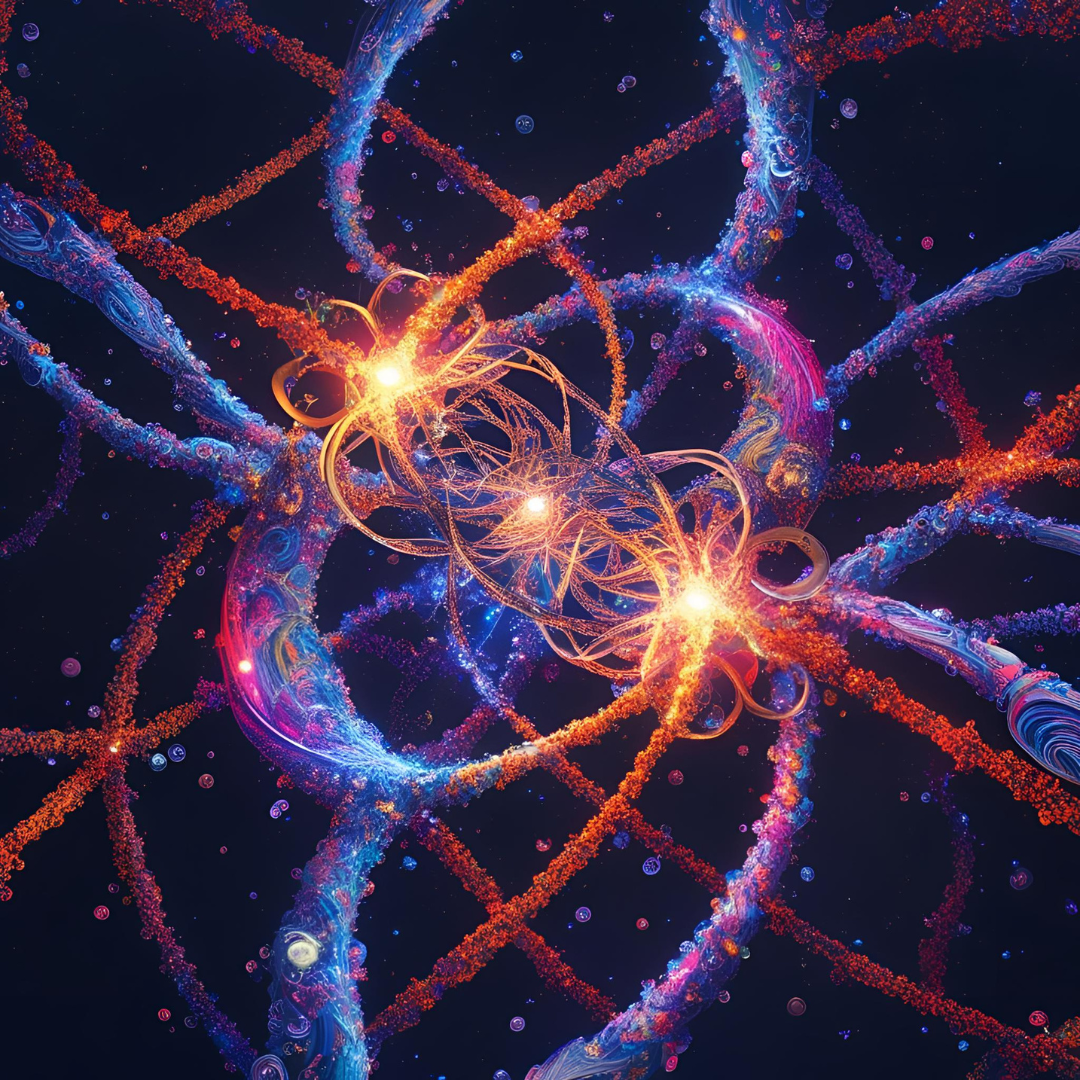Intrication

I'm particularly fond of the term intrication. It's fascinating to discover that in French, quantum entanglement is referred to as intrication — just imagine the elegance of pronouncing it with a French accent.
Intrication carries a profound significance that goes beyond mere entanglement. It evokes the idea of a delicate intermingling of concepts that are inseparable, entwined in an intimate dance.
Traditionally, we tend to shy away from grappling with intricate concepts. Our education often emphasizes breaking down ideas into standalone parts, treating them as separate entities to be addressed independently or as components within a structured whole.
This conventional approach aligns with classical physics, mathematics, logic, and programming. Given the remarkable success in reducing and compartmentalizing, we naturally attempt to apply the same methodology to fields like biology and neuroscience. However, this is where the traditional approach encounters a formidable barrier. While we acknowledge the intricacies inherent in biological concepts, we often attempt to navigate them while sidestepping true intrication.
Enter Geneosophy — a paradigm shift. In Geneosophic expressions, instead of avoiding intrication, we welcome it as an integral aspect of our exploration and comprehension.
Life and intelligence are intricate concepts that, traditionally, have proven challenging to fully grasp. To date, an accepted definition for either remains elusive. However, Geneosophy offers a novel perspective, enabling the comprehension of intricate concepts like life and intelligence.




